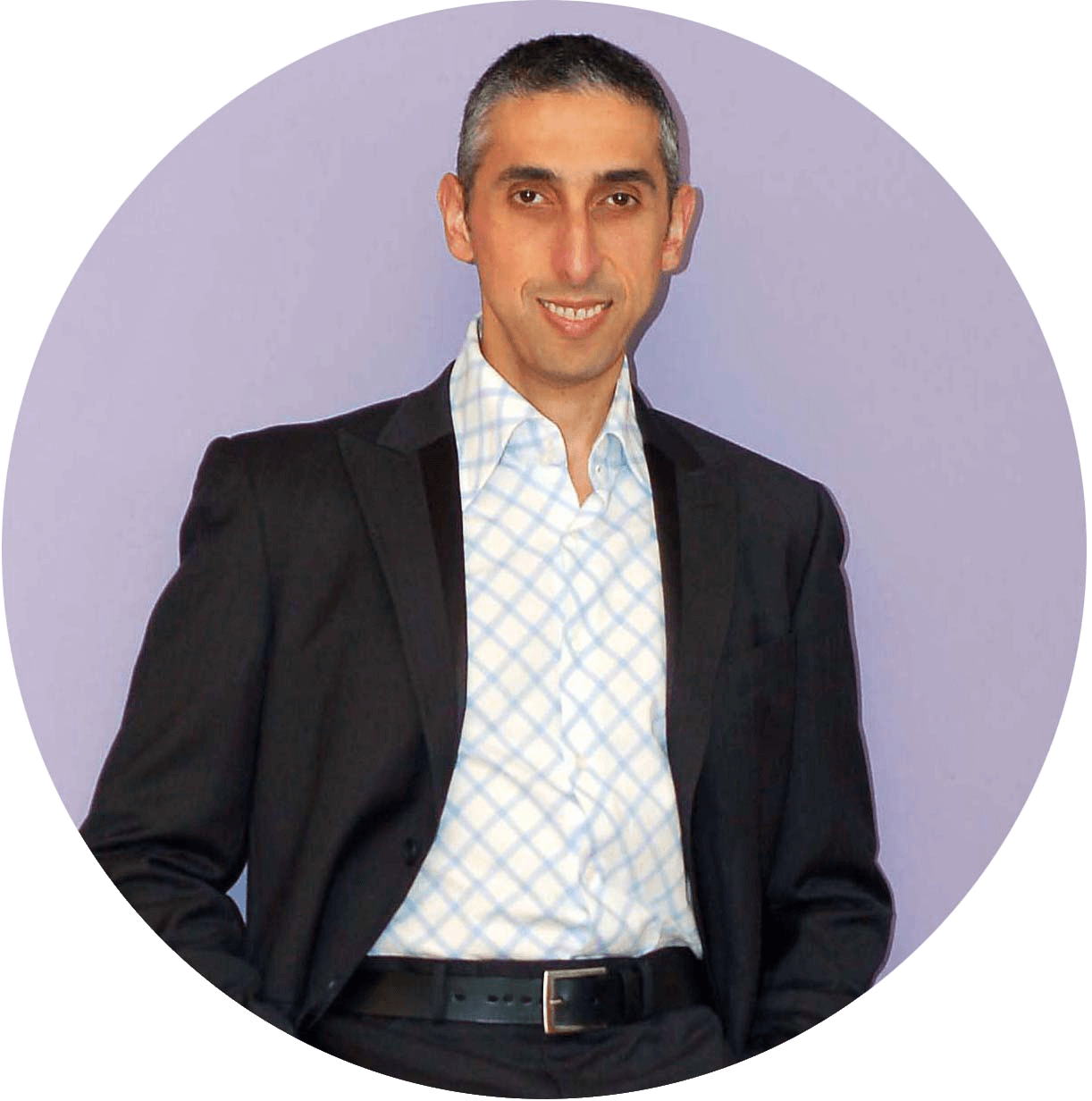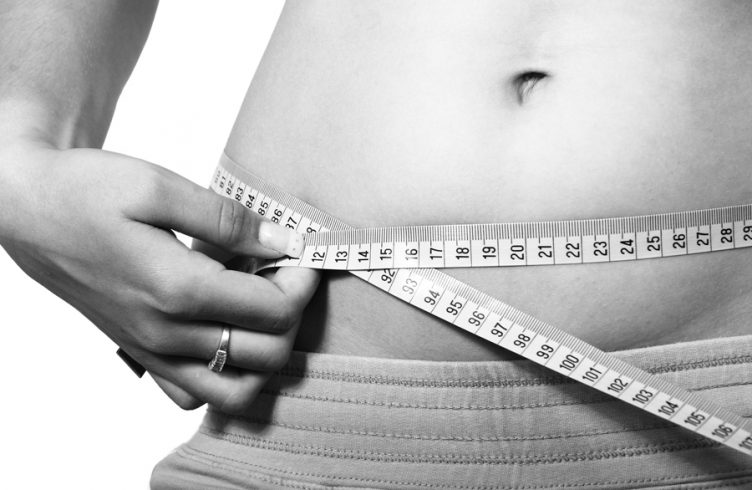Thoughts and Emotions Influence Your Health
“While weight loss is important, what’s more important is the quality of food you put in your body – food is information that quickly changes your metabolism and genes.” — Mark Hyman
The Scottish whisky distiller Thomas Dewar once said: “Minds are like parachutes; they work best when open.”
I want you to keep an open mind during the next five minutes it will take you to read this piece.
I want to introduce an idea that will prove helpful if you want to lose weight and improve your body composition.
Self-help health experts remind us to refrain from using language such as losing weight due to its symbolic connection to the weight returning. You ‘release’ unwanted body fat they’ll have you know.
However, for the sake of this article I’m referring to it as weight loss so as not to confuse the reader.
Why am I qualified to talk about this topic?
I began my career as a personal trainer many years ago, before transitioning to writing and speaking about health and self-empowerment.
In that capacity, I was fortunate to work with thousands of people who lost weight and kept it off while regaining their health.
How?
I discovered a principle in their journey and my own around the key role thoughts and emotions play in regulating our health.
I wrote a book titled: The Power To Navigate Life: Your Journey To Freedom, endorsed by the internationally acclaimed author Dr. Eldon Taylor. It equally received praise from Australia’s leading clinical psychologist and neuropsychologist, Dr. Roy Sugarman.
The book formed the basis of a program I presented to corporate companies throughout Australia. The following slides are from the program and outline the main principles.
How Money and Calories Are The Same
“For both optimal health and weight loss, you must consume a diet with a high nutrient-per-calorie ratio…there are no shortcuts.” — Joel Fuhrman, Eat to Live
It occurred to me during this period that weight loss was like managing money. As someone who occasionally hacks their health, I track my calories and macronutrients in the name of personal observation and knowledge.
I followed a Ketogenic diet for three years, recording my food consumption and calories. I gained a good deal of data and knowledge, which helped me to find the most effective ways to lose weight and keep it off.
This was supported by my program The Power To Navigate Life, in which I studied the role thoughts, beliefs and emotions play in regulating health.
In tracking my calories during this time, I noticed that the process was similar to my money spending habits, insofar as their respective use and expenditure.
What I’m proposing over the coming paragraphs is not a cure, potion or remedy. It is a short-term intervention to make you aware of how you consume calories, so as to develop sound habits to prevent overeating.
However, it is not just about the calories, since being on a Ketogenic diet proved that.
There were periods when I consumed as much as 3,500+ calories per day and continued to lose fat weight while regaining muscle composition. I took exact body measurements and recorded my blood lipids to highlight the changes, making sure not to leave anything to chance.
I learned the age old myth of calories in, calories out did not apply while I was in ketosis. However, few people are willing to follow a low-carb or ketogenic diet owing to its restrictions.
So, for the rest of us, being mindful of our caloric intake is a way to manage our weight.
The American science writer Gary Taubes asserts in Why We Get Fat And What To Do About It: “The one thing we absolutely have to do if we want to get leaner — if we want to get fat out of our fat tissue and burn it — is to lower our insulin and to secrete less insulin to begin with.”
Superfluous Calories To Blame
“The most beautiful thing about your body is that it has a deep knowing about what you truly need for health and happiness.” — Louise Hay, Ahlea Khadro
What I discovered was the following.
In relation to my money habits, if I didn’t track my financial spending by the end of the week I was unsure where the money was spent. I had little recollection of the items or services I paid for, since the transactions occurred days ago.
From speaking to people over the years, this was an issue many faced. However, when I tracked my spending, I could see where the money was directed and implemented a budget to curb the frivolous spending.
So far so good.
During this time, I came off the ketogenic diet and gained 3—4 kg (6—8 lbs) during the winter.
What did I do?
I applied the same process to calories that helped me track my spending. It turned out, I was snacking during the winter months on superfluous calories that led to weight gain.
Now, I realise gaining 3—4 kg is not a big deal in the scheme of things. However, it is not the weight gain, but the experience acquired from recording the calories that was valuable.
Money and food have the same relationship, where you are likely to spend money easily and consume food easily.
So, they should be recorded until you can manage both without having to consult an app or meal tracker.
So far, I have not mentioned exercise and movement since I didn’t want this article to be an instructional piece on how to lose weight.
Exercise and movement play a role in maintaining healthy weight, but not in the way we’ve been led to believe. For now, I assume you exercise or are involved in some form of regular movement.
So here’s my outline if you want to lose weight, whether big or small, the principles are the same:
Track Your Food Consumption And Calories For 30 Days
Thirty days is a reasonable period to gather enough data on how many calories you consume. As the saying goes: “If you don’t measure it, you can’t manage it.”
It’s recognising where hidden calories are consumed that’s of importance. I suggest using an app or software program to calculate your macronutrient ratios and adhere to them as much as possible.
A benefit of recording data is that is takes into account the times when you’re likely to consume more calories, such as going out to dinner or a birthday party. Avoid worrying about the overall calories consumed for that day, but focus your attention on the total calories and macronutrients for the week.
“We don’t get fat because we overeat; we overeat because we’re getting fat,” states Gary Taubes
The aim is to reduce calories over a four week period in order for weight loss to occur. Again, I suggest you use an app or online program to calculate your minimum and maximum caloric intake per day, rather than guestimate it.
If you continue this same trajectory of consuming your calculated weekly calories, you will continue to lose weight in the ensuing months. You will have also cemented a new habit that lasts beyond that time.
Reduce Your Calories Based On What You Track
This is straightforward. Reduce your calories per day depending on your weight loss goal. As a warning, I suggest starting slowly rather than trying to lose weight quickly.
It is my personal experience coaching individuals over a ten year period that what you lose quickly is likely to come back. As the saying goes: The best time to start a new habit is yesterday.”
Continue The Habit In The Following Months
As outlined in point number one, follow your habit once the 30 day period has lapsed. You will have gathered enough data on what foods you consumed over the past 30 days. If you’re unsure of a food, track it and see what effect it has on your caloric intake.
If you experience setbacks related to illness, injury or personal circumstances, record your calories for two days and use that to get back on track.
If You Put Weight Back On, Track Your Caloric Intake Again
After coming off the ketogenic diet, I consumed more carbohydrates which I previously omitted from my diet. Naturally, during winter I was drawn to these foods once more, and gained weight.
Instead of being disheartened, I tracked my calories for a few days or sometimes an entire week to help resume my weight loss until I had reached my goal.
“To effectively lose weight and keep it off, you need to strategically alter your body weight set point” explains Gerard E. Mullin in The Gut Balance Revolution: Boost Your Metabolism, Restore Your Inner Ecology, and Lose the Weight for Good!
Remember, this is not a long term solution. Many will find once they lose weight, they will want to stick to the formula because it is successful.
Yet, there are disadvantages to limiting calories over a longer period, including depriving yourself of essential macro and micronutrients. Not to mention the mental and emotional havoc caused by maintaining this way of life.
I was precise in my approach, using FitDay software to track my macro and micronutrient ratios and supplemented where necessary.
“You don’t get fat because your metabolism slows; your metabolism slows because you’re getting fat,” is the reminder from Gary Taubes
It is worth restating: this is not a system. It is a means of checking in to make sure you are not consuming extra calories that lead to weight gain.
Most importantly, it helps you to eat healthier because like spending money, you cannot afford to spend calories frivolously if you want to maintain a lean figure.
The real message from this piece is that your health is your greatest priority.
Weight loss is a means to an end to help you maintain a healthy figure with a higher muscle to fat ratio, whatever body type or composition you are.

Are You Ready to Transform Your Life with Confidence?
Are you ready to transform your life and unlock your potential? Start your journey with me today! My Life Coaching Program has empowered many to achieve lasting change. Schedule your FREE 30-minute consultation now and take the first step towards a brighter, more confident you.
Tony Fahkry
Expert Life Coach



















